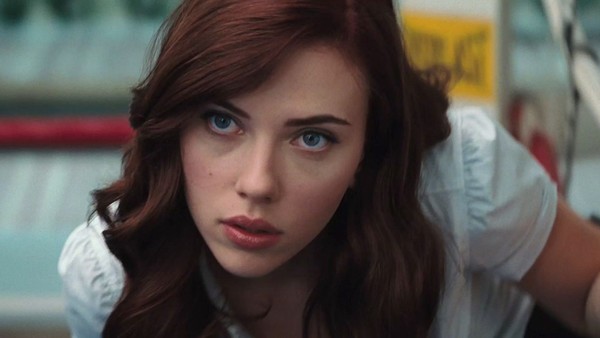Spider-Man: Far From Home - Nick Fury Impostor Theory EXPLAINED
3. The MCU's Obsession With Disguises

Even well before the idea of the Skrulls turning up on Earth and body-snatching real humans, the MCU was obsessed with the idea of duplicitous identity. It's a concept that goes hand-in-hand with traditional superheroism, after all, since superheroes generally come with secret identities.
But it goes deeper than that. In several MCU movies, we're invited to explore the idea of characters seeming to be one thing, only for them to eventually betray their true nature. Black WIdow first appears in disguise as Natalie Rushman and then reveals that she was a double agent; Hulk's entire identity is split between warring identities; Loki is a master of deceptive identity and discovers himself that he is not what he seems when his true parentage is revealed.
On top of that, the entire plot of Iron Man 3 is about the conflict concerning public appearance and true identity - both in terms of The Mandarin and Aldrich Killian - The Winter Soldier is about deep-cover SHIELD impostors; The Avengers sees Hawkeye and Erik Selvig forced to perform "false" identities when they're possessed by Loki and generally speaking the ideas of disguise, impostors and body-snatching runs in a rich vein through the MCU.
Even more fundamentally, we've seen storylines that actively dealt with the idea of mentors (and fathers a lot of times) not be quite what they seemed: Howard Stark, T'Chaka, Ego and Odin were all hiding secrets about their identities and their pasts. One was a villain, one a reformed tyrant and the other two made huge errors of judgement that ruined lives.
This isn't just a matter of the MCU's obsession with bad fathers (see also Thanos, Yondu - to an extent since he nurtured through fear - Scott Lang - more an idiot than a wilfully malicious dad...) it's an extension of the idea of dangerous duplicity. In a world ruled by superhero costumes, it seems like everyone wears a mask.
Fundamentally, we've been primed through foreshadowing to expect the single biggest identity anxiety crisis in comic book history to come along at some point and it will finally begin to take shape in Captain Marvel, which could kick off a Secret Invasion story-line...
Think of the narrative structure of Phases 1 to 3. Sure, they were broadly all linked to Thanos' conquest of the Infinity Stones, but they were also even more broadly linked to other linked themes: there were multiple stories dealing with obsessive behaviour (whether that's Tony Stark's addictions or Yellowjacket's need to prove himself to Hank Pym). There were multiple stories about absent or inadequate fathers. About doubles of the heroes becoming their enemies. About the morality of superheroism. And all tied into the same story pillars as came full circle in Infinity War.
In other words, the idea of Nick Fury being in disguise would fit narrative themes we ALREADY know are going to be at play in the MCU after Endgame. And ones that have already appeared throughout the rest of the MCU and are likely to continue to. It would fit the idea of deceptive identities, of disappointing mentors, of toxic father figures, of heroes having to kill the past... It fits.